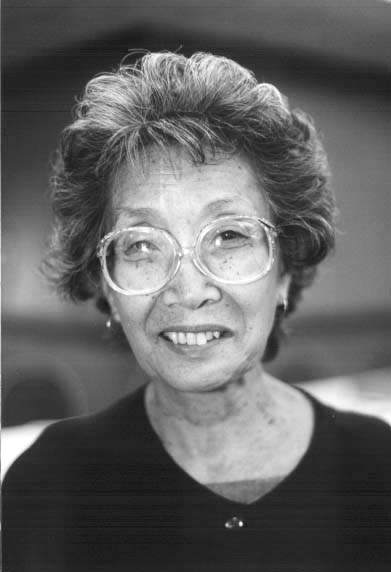Glossary
What do we mean by Asian American, Religion, and Coalitional Work?
“Life is not what you alone make it. Life is the input of everyone who touched your life and every experience that entered it. We are all part of one another.”
– Yuri Kochiyama

Asian American
“Asian American” is a complex term that encompasses a wide range of people and experiences. There is not a single, unified story of Asian America. Instead, there are many stories. “Asian American” is a term that arose in the context of the social movements in the 1960s. The activists who coined the term “Asian American” aspired to create a pragmatic political coalition that united Asian people of diverse ethnic backgrounds and that advanced shared goals of liberation and self-determination. Today, Asian Pacific Americans (a more expansive category that includes Pacific Islander people) are extraordinarily diverse in ethnic, religious, cultural, linguistic, political, and socioeconomic background and affiliation.
Despite these many differences, Asian Pacific Americans have much in common. These shared social and political conditions include transnational connections to Asia and the Pacific world; interaction with laws that govern mobility and citizenship in the United States; treatment of being non-white racial others who do not easily fit into a black-white racial binary; histories of settler colonialism and imperialism; and contention with shared stereotypes such as the yellow peril, the perpetual foreigner, and the model minority. Rather than being a static, bounded community, Asian America is a coalition that is in a constant state of creation and recreation. Herein lies its greatest possibilities.
Religion
We seek to support groups who are connected to an ethical or philosophical tradition of “religion.” We also seek to learn new ways of defining or thinking about religion and are enthusiastic for broad definitions of “religion.” The English word “religion” comes from the Latin root “re-lig-io,” meaning “to re-bind.” In this sense, religions are anything that “bind” us to this world and one another. Like ropes mooring a boat in safe harbor, religions are philosophical and ethical systems that offer us a sense of community, belonging, and direction. Religion can include the global traditions, denominations, and sects of Hinduism, Buddhism, Judaism, Christianity, Islam, Confucianism, Daoism, Sikhism, Baha’i, Cao Dai, Shinto, and Jainism, among others. Religion can also include everyday practices for building communities and discerning action, such as ancestor veneration, spirit communication, astrology, and traditional medicine.
We want to learn how religion brings people together. If you have questions about these terms, we encourage you to reach out and discuss your ideas with one of our team members.
Coalitional Work
How do we understand that we are all part of one another? Coalitional work is the act of building across differences through mutual understanding and responsibility with the shared desire to change society for the better. Such social justice work is often motivated by a desire to reach a common goal, even while recognizing that each group comes from distinct objectives, motivations, and starting points. The lines of differences being bridged can cover a lot of ground, from ethnicity, religion, culture, language, etc.
Coalition work is not easy. It generally includes challenges and struggles and importantly relies on strong conversation and dialogue. We seek to learn from each other about what kinds of coalition work is currently being done, and how we can do it better. To effectively pursue such challenging work, individuals/groups who receive this grant will have the opportunity to learn with other grantees and their own coalitional partners. Coalitions help us see how our respective problems have the same roots and how our futures are linked.